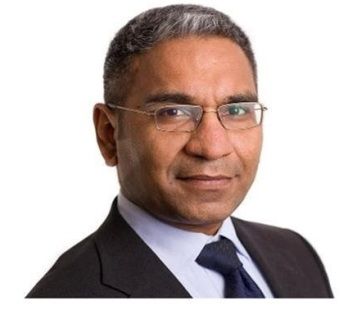The odds of full-blown QE went up dramatically after ECB board members unanimously signed up to a balance sheet target at last week’s ECB meeting. The consensus remains that the ECB will not be able to achieve its objective if government bond purchases are not included.
It is interesting then that we are seeing signs of a shift toward buying government bonds from those that had been expressing reservations only a few months ago.
ECB’s Mersch is the first to change his tune suggesting that buying government bonds was “theoretically possible” and voicing concerns over the “critical” state of the eurozone recovery.
It was only two months ago that Mersch was highlighting that full-blown QE threw up legal questions. The weak recovery and persistence of low inflation now sees Mersch in the camp that thinks it “irresponsible” if all options were not considered.
According to Draghi additional action would be considered if:
1) current measures are not enough and
2) a further worsening of the medium term outlook for inflation expectations was seen
Despite reservations from German policy makers, the ECB will stick to the ‘do what is necessary’ script when it comes to meeting its price stability mandate.
The comments from Mersch suggest a more open attitude toward policy options as the ECB attempts to find answers on how best to proceed. Corporate bond or government bond purchases have their costs but might prove more palatable on a further increase in deflation risks.
If government bond purchases are to be considered then they will likely not happen in isolation as the ECB will look for politicians to deliver concrete proposals to implement fiscal and structural reforms.
